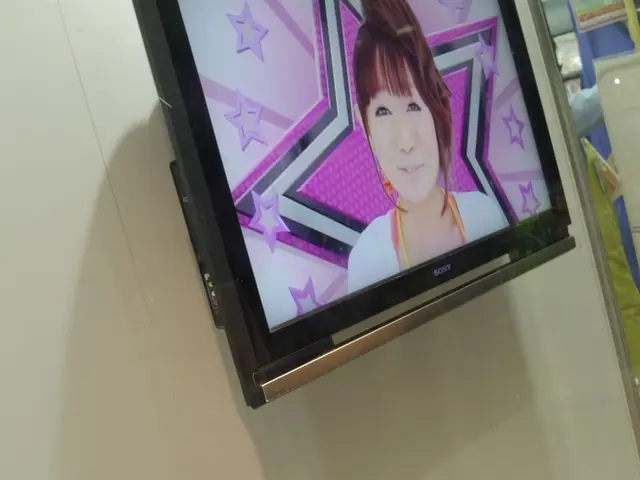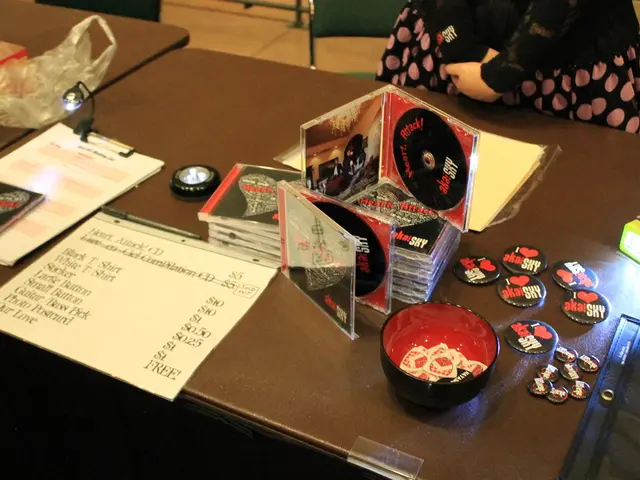Experiencing Virtual Shopping in the Creator-Led Immersive World
As one of the world's largest retailers, Walmart is set to venture into the virtual realm by developing its own metaverse solutions, setting the stage for a new era of shopping experiences. The company has filed several trademarks for this purpose, aiming to create virtual products, launch a cryptocurrency, and release a range of non-fungible tokens (NFTs). If successful, other retailers are expected to follow suit, potentially revolutionizing the shopping landscape.
In the metaverse, shoppers may soon be able to enjoy a truly immersive experience, one that abolishes the challenges faced with online shopping today. With metaverse shopping, wearable items like clothes can be tried on using realistic digital avatars, allowing customers to determine how they fit and look before making a purchase. The combination of virtual stores and digital humans will enable a more dynamic and engaging shopping experience, all from the comfort of one's home.
Metaverse companies are poised to deliver both physical and digital goods through these virtual stores. Selfridges, for instance, recently collaborated with Charli Cohen and Pokemon to create Electric/City, a metaverse space that offered a virtual fashion collection and digital clothes for avatars. By purchasing these digital garments, customers could enjoy an augmented reality (AR) experience featuring Pikachu upon scanning a QR code associated with the items.
The advantages of shopping in the metaverse are clear. Unlike the two-dimensional internet experience we have grown accustomed to, metaverse shopping will provide a seamless blend of the physical and digital, allowing customers to browse products as one would with real-life objects. Shoppers will be able to interact with items, touch them, and even engage with digital humans while bypassing the inconveniences of physically visiting a mall or waiting in line. Potential environmental benefits could also arise from this shift, as fewer physical products may be bought and discarded.
Despite its promises, the metaverse poses challenges that retailers will need to address, such as preventing the sale of fake designer goods and ensuring shopper security. Security measures like QR codes, NFTs, and blockchain technologies are already being explored to safeguard transactions and combat fraud.
The fashion industry is embracing this technology wholeheartedly. Brands like Gap, Under Armour, and Adidas are already implementing NFTs to track and authenticate metaverse purchases, offering enhanced security and authenticity. Other companies, such as Ralph Lauren, H&M, and Gucci, have already built virtual stores on platforms specifically designed for metaverse shopping experiences.
The automotive and beverage sectors are also capitalizing on this new trend, with car manufacturers such as Ferrari and Jaguar Land Rover providing simulated test-drives within the metaverse, and Coca-Cola unveiling its own Coca-Cola Creations platform for limited-edition products.
Experimentation and innovation are key themes in the metaverse community, with brands like United Colors of Benetton offering games within their metaverse store during Milan Fashion Week, and Samsung hosting a metaverse dance party on Decentraland. Companies like XR Wizards are developing bespoke extended reality (XR) platforms for integrating various industries, including healthcare, finance, and education. Their vision is to create a network of interconnected virtual areas that allow a smooth transition from one metaverse space to another, providing users with a specialized metaverse shopping experience.
In conclusion, the metaverse offers a novel and exciting approach to retail, promising immersive and engaging customer experiences, permanent and interactive digital retail spaces, and seamless integration with real-world commerce. As retailers experiment and innovate within this new medium, the future of shopping may well be defined by the hybridization of digital immersion and traditional convenience, reshaping the way consumers shop and interact with brands.
In the metaverse, Walmart's extended reality shopping solution may allow customers to try on virtual clothing items using realistic digital avatars, offering an engaging and immersive shopping experience that could revolutionize fashion lifestyles. Other retailers are expected to follow suit, adopting NFTs, cryptocurrencies, and QR codes to provide a seamless blend of physical and digital goods, all while ensuring security against fraud and replicas.
In the realm of technology-powered shopping, companies like Samsung and XR Wizards are innovating with metaverse dance parties and bespoke extended reality platforms, pursuing the creation of a network of interconnected virtual spaces for various industries, including healthcare, finance, and education. As retailers explore this new frontier, the future of shopping may see a fusion of digital immersion and traditional convenience, reshaping our interactions with brands and redefining modern lifestyles.








